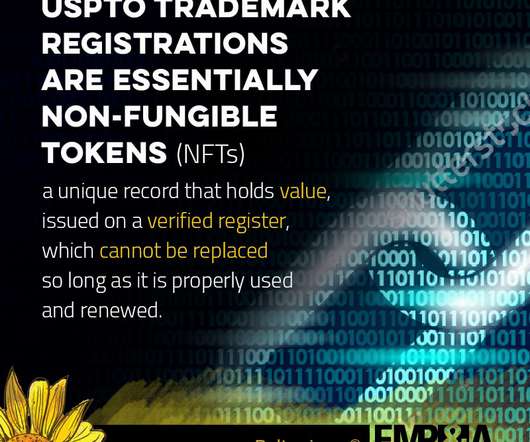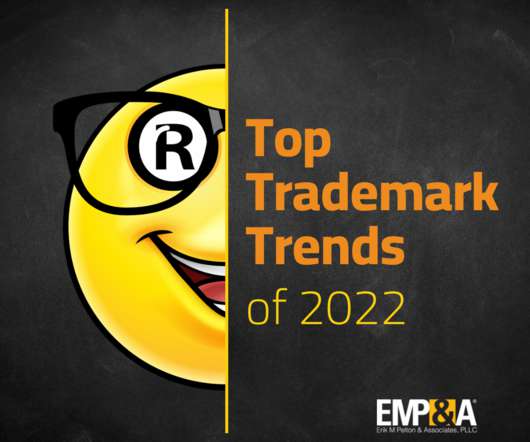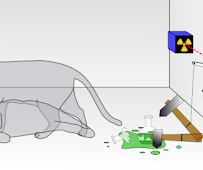Top Trademark Trends of 2021 (Meta TMA edition)
Erik K Pelton
DECEMBER 31, 2021
An expungement proceeding allows for cancellation, in whole or in part, of a trademark registration between three and ten years old if the mark has never been used in commerce with some or all of the registered goods and/or services. Trademark filings related to non-fungible tokens (NFTs) exploded in 2021. 2014: [link].












Let's personalize your content